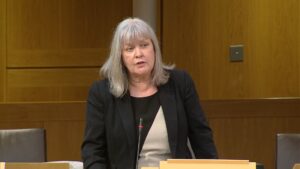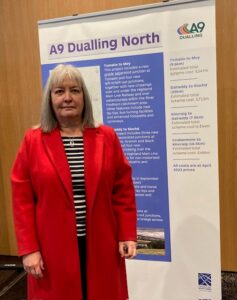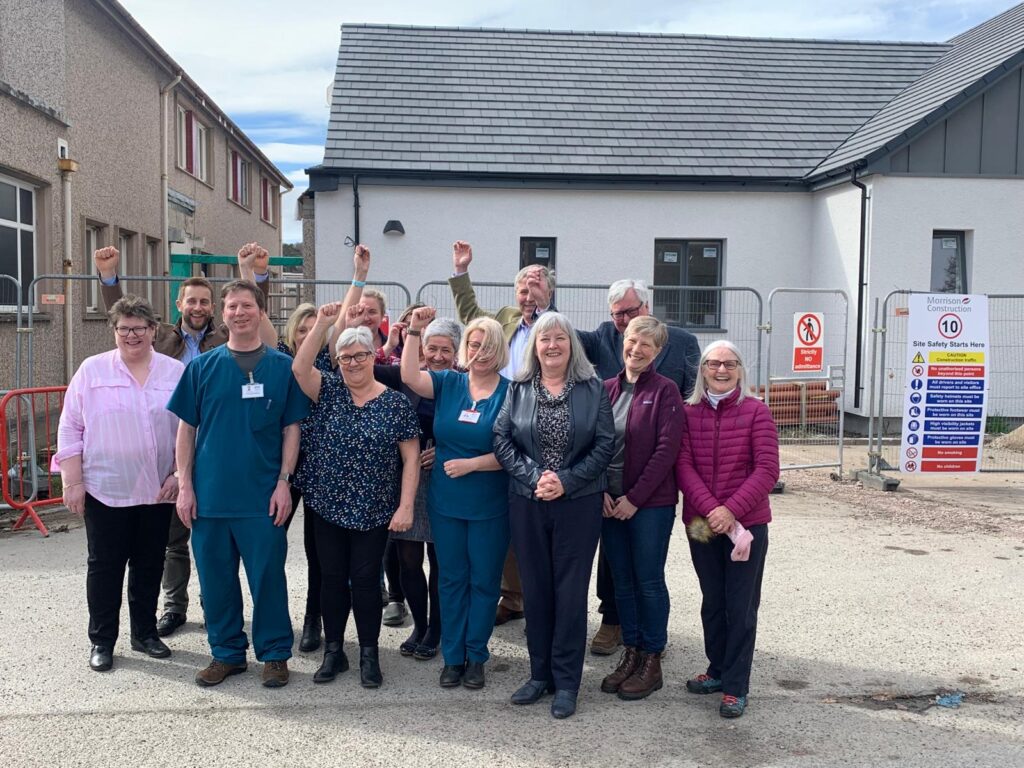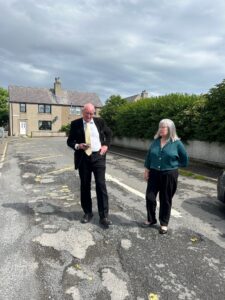
Highlands and Islands Labour MSP, Rhoda Grant, has called on VisitScotland to reconsider its decision to close their information centres throughout Scotland. The MSP has already contacted the Minister with responsibility for the issue, but she has now also contacted VisitScotland directly in light of information on visitor numbers using the Kirkwall centre being uncovered via a Freedom of Information (FOI) request.
The FOI request submitted by The Orkney News reveals that the use of the Kirkwall visitor centre has in fact increased and is used by both visitors and locals which is contrary to VisitScotland’s assertion that demand for information centres has reduced as people move online to book their holidays.
The FOI established that in 2022 the Kirkwall centre was used by 73,182 people to book tickets or to shop. In 2023, the number of people who used the centre was 122,304 – an increase of 67%. It is understood that figure does not include those who dropped in to ask for help or assistance. Sales last year in the Kirkwall centre are also reported to have risen to £155,640 with ShopLocal sales being £27,568.
Rhoda Grant said “The FOI has established that the number of people who used the centre in Kirkwall in 2023 had increased by 67% on the 2022 figures, with sales in 2023 also reported to have increased on the previous year, some of this being ShopLocal sales.”
An Island Communities Impact Assessment (ICIA) is required under the Islands (Scotland) Act 2018 when developing, revising and delivering any policy, strategy, service or legislation that could have a significantly different effect on island communities. The Scottish Government guidance stresses the importance of consultation and robust community engagement so that islanders are given a platform to voice their opinions, concerns and suggestions. It also addresses the need to consult island communities in order for a Relevant Authority to comply with the Section 7 duty.
Mrs Grant continued “I believe what VisitScotland conducted in Kirkwall however was an Island Communities Screening Assessment which states that “ .. at a strategic level, management is confident that this strategic change does not significantly differently impact island communities.”
“I would argue that the loss of jobs in these centres, together with the loss of tacit knowledge of the area, will significantly impact on the areas concerned.
“Furthermore, given that VisitScotland is partially funded by the Scottish Government, I would suggest it would be prudent for them to follow the Government guidance in this situation and conduct Island Communities Impact Assessments for the islands affected.”
The MSP awaits a reply from the Minister but in the meantime she has asked VisitScotland how many jobs are being impacted in each of the centres and what the “various options” for employment will be for staff in island centres.
She continued “I don’t think anyone would disagree that the shift in booking holidays has moved online but these figures show that the centres are still very much needed not only for tourists who need help and advice while they are actually in Scotland but for use by local residents too.
“The tourism and hospitality sector has been one of the hardest hit from the pandemic and we need to be bolstering these businesses at this time, not cutting jobs and services to the millions of people who visit Scotland annually.”






